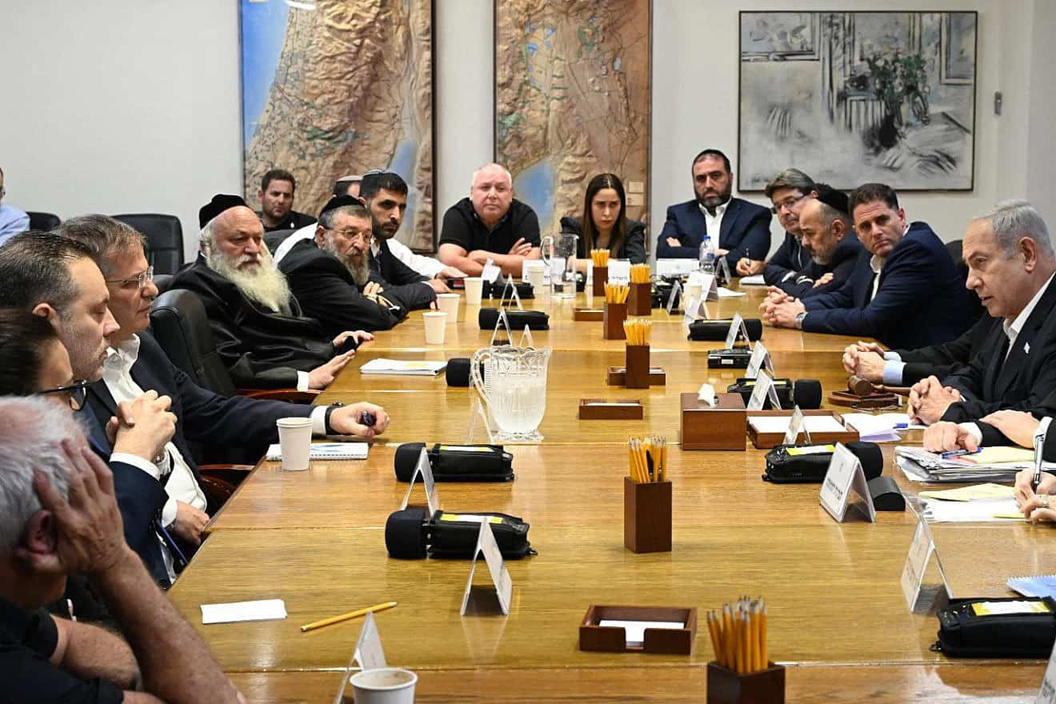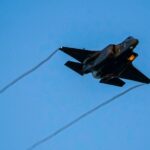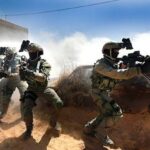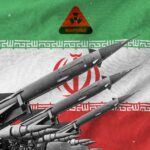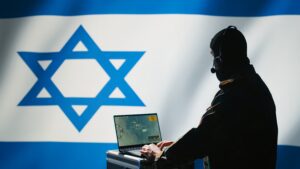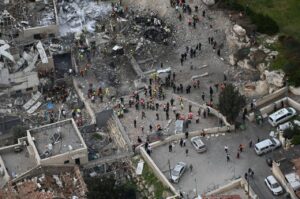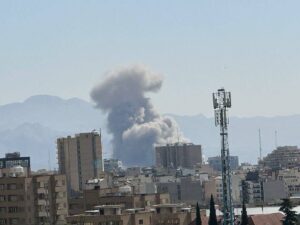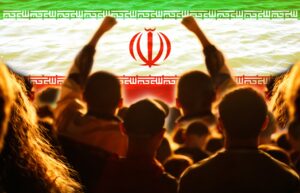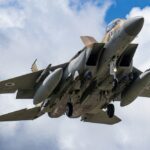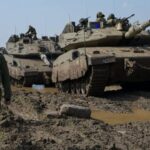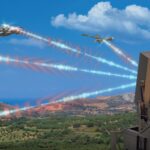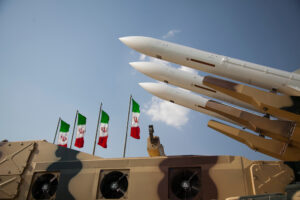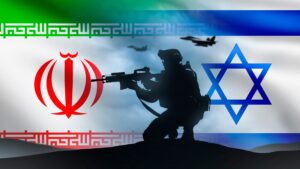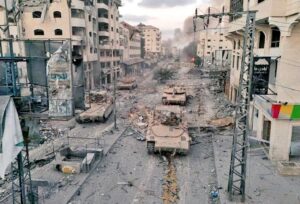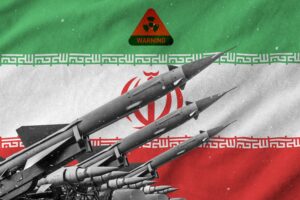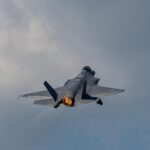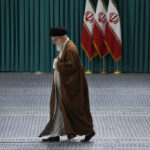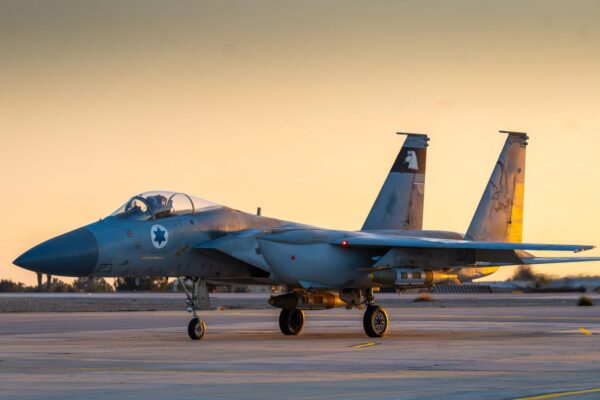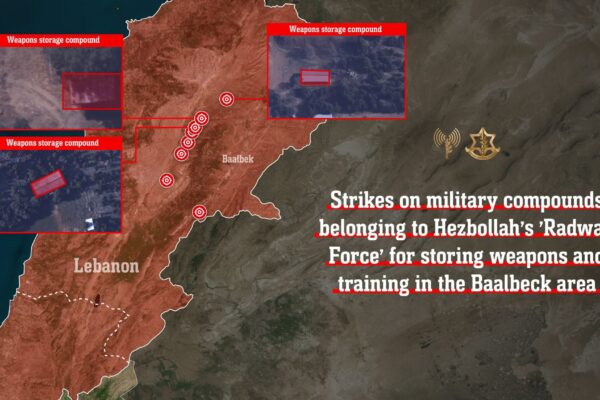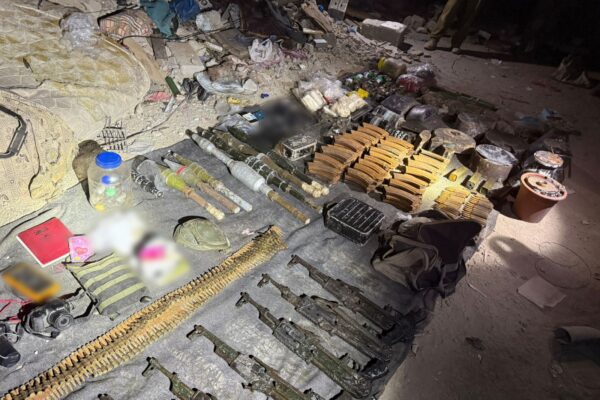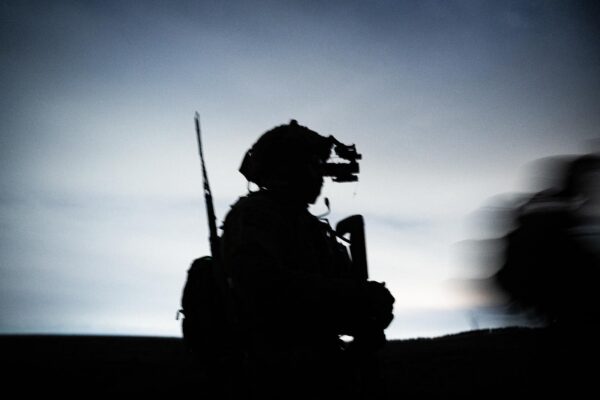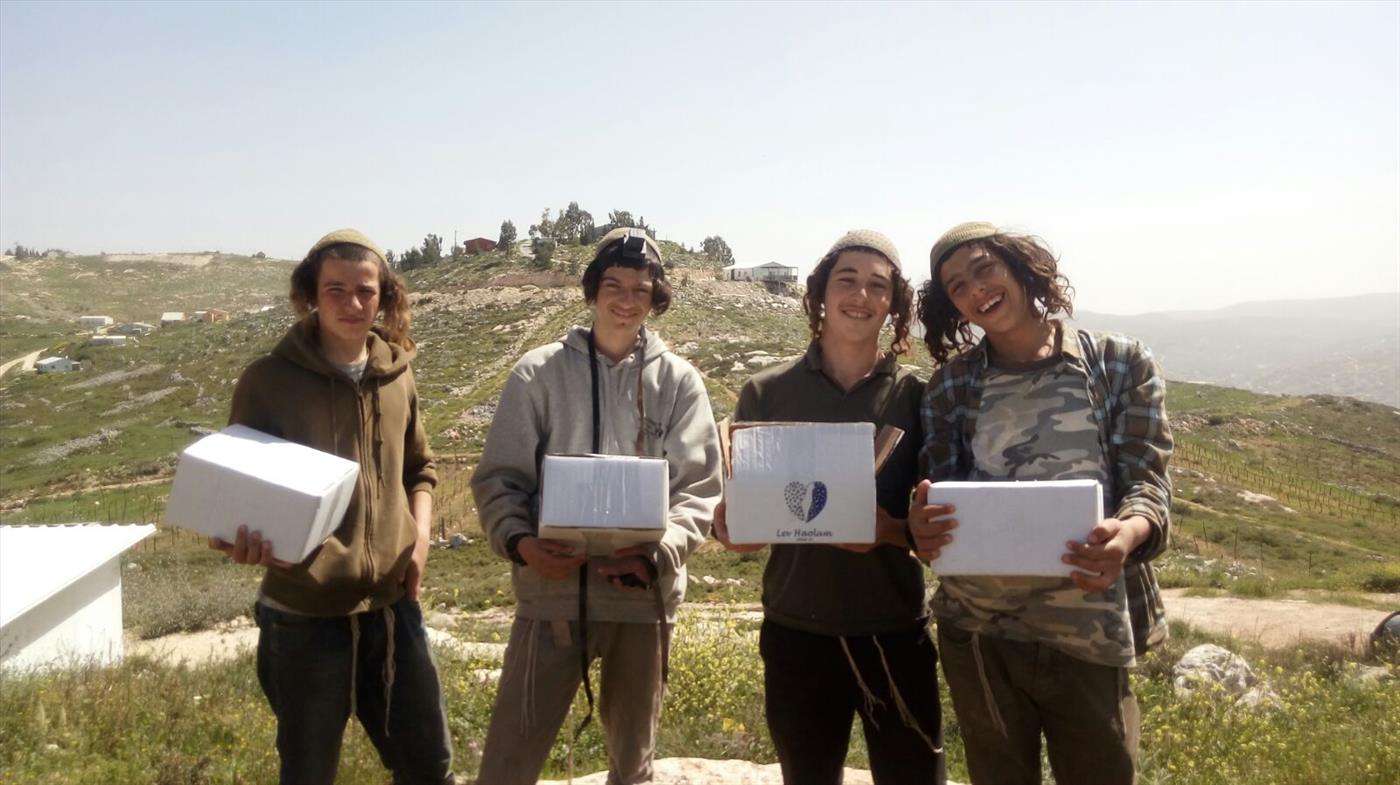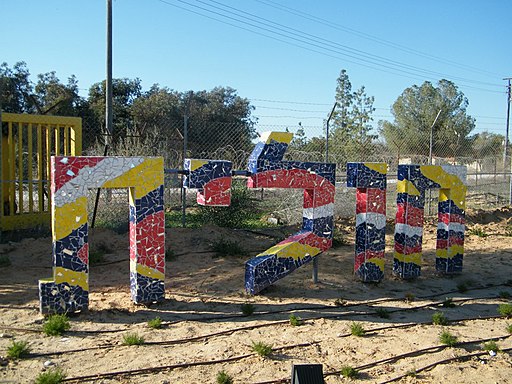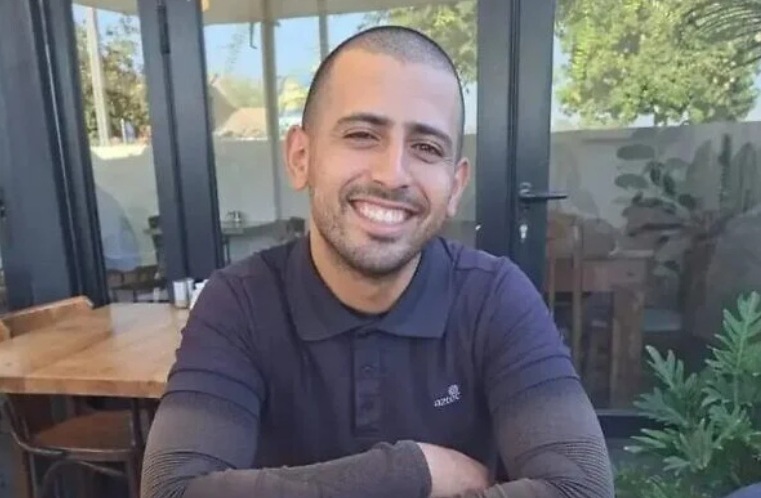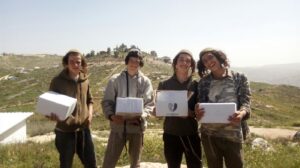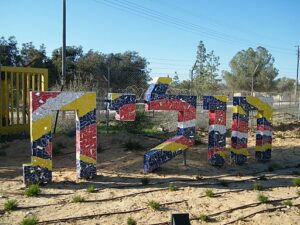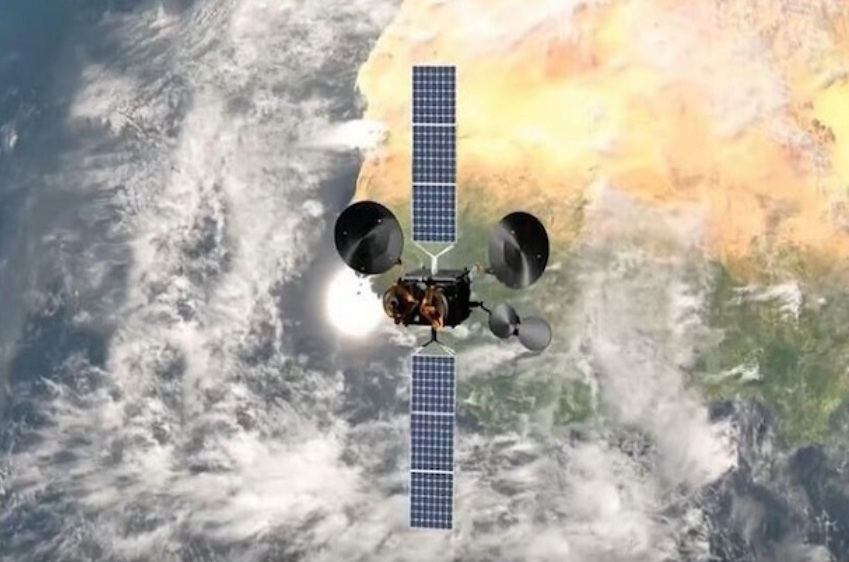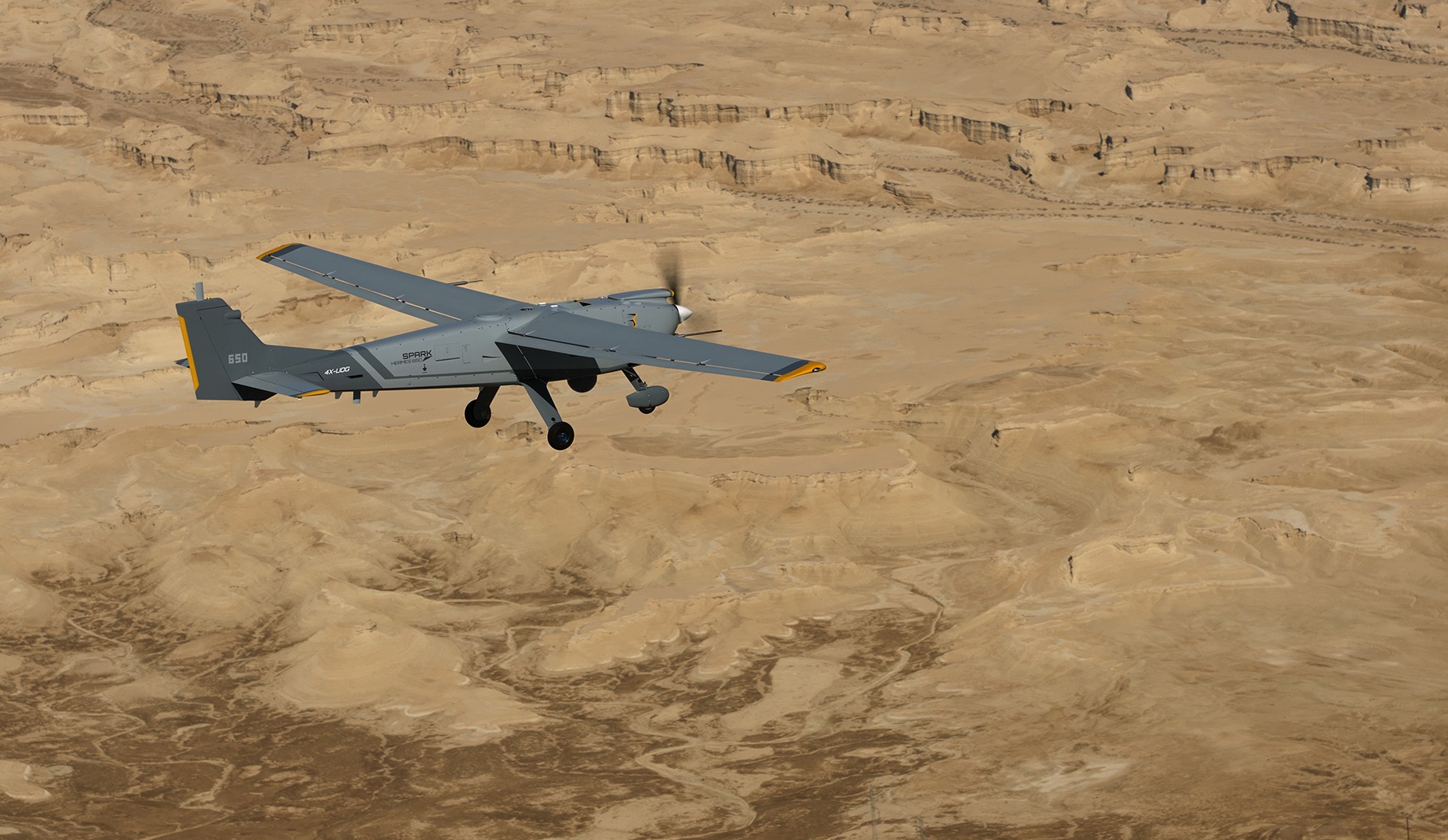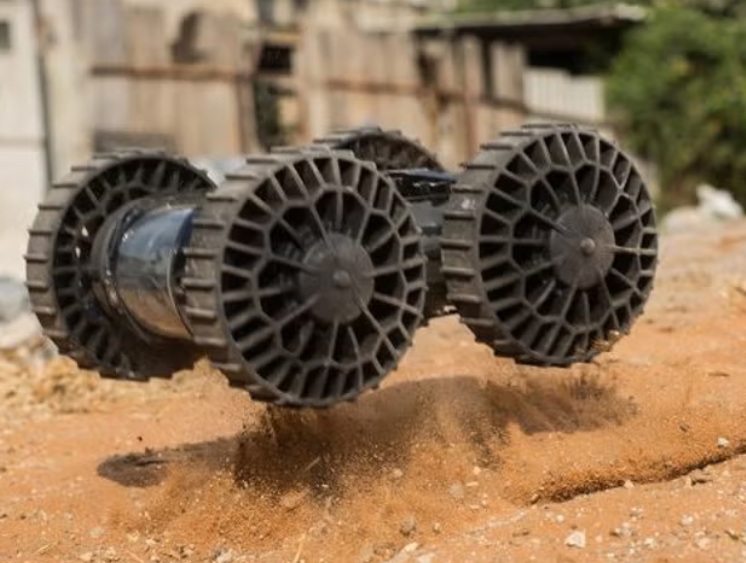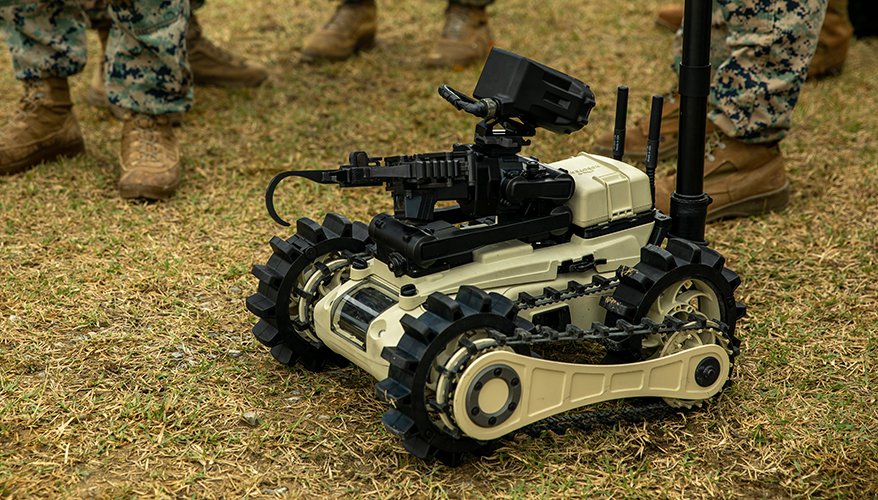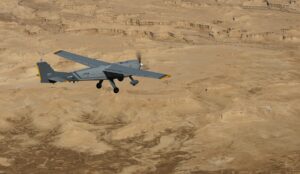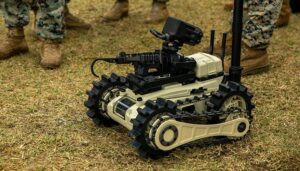“We understood that it was our historic duty to stand up and take action, said Israeli minister Orit Struk.”
By Hezy Laing
The decision of the political-security cabinet to embark on the Rising Lion Operation was made during an extraordinary meeting that took place in an underground complex, the evening before the attack.
The ministers were brought to the location without security guards and drivers, their mobile phones were taken, and they were made to sign a secret partner form.
The meeting dealt exclusively with the Iranian issue, and not with other issues such as the hostages.
During the meeting, IDF Chief of Staff Eyal Zamir, reviewed the intelligence, operational plans, and assessed the risks and necessity of a preemptive strike.
Israeli intelligence indicated that Iran had amassed enough enriched uranium to produce up to 15 nuclear weapons within days, prompting fears of an imminent shift in the regional balance of power and a direct threat to Israel’s survival.
The Israeli military and Mossad had spent years preparing for such an operation, gathering intelligence, smuggling weaponry into Iran, and positioning assets for sabotage and airstrikes.
The surprise attack was designed to target dozens of Iranian nuclear and military facilities in a coordinated, multi-domain operation.
In a recent radio interview, Israel’s Minister of Settlements Orit Struck revealed the drama behind the scenes of the meeting that led to the incredible operation.
“The IDF Chief of Staff laid out for us all the scenarios and the full breadth of the risks and heavy prices we might pay for each one. The destruction in Bat Yam is just a small example of what we believed could have happened. Then, just a moment before the vote, the Prime Minister asked if there was any minister who had doubts about the operation – let him come forward and speak up. We all looked at each other, and saw the risks presented on the screens. We were presented with very serious consequences – both whether we take action or not.”
The cabinet unanimously approved the launch of the operation.
“We all understood that this was the only way. Everyone understood it. And it was really a very uplifting moment in my eyes. Very challenging, and very uplifting,” said Struk.
After the decision was made books of Psalms were handed out to the ministers to read as the operation commenced for the success of the mission.
The first 20 minutes of the operation were the most critical.
“We knew that the phenomenal opening blow, thank God, that we gave them, could also fizzle out. There was a question of what was going on in their (the Iranians) heads? Do they understand what we are preparing for them? This decision required a lot of responsibility. But we knew what awaited us if we didn’t do it, and we understood that it was our historic duty to stand up and take action, Struk said.”
The ministers remained in the complex until late at night, received regular updates, and during part of the attack even watched a real-time video broadcast.
Only after the attack began were they allowed to leave for a short time and retrieve their phones.
“There was creative thinking in this operation, wonderful intelligence, and Divine help that accompanied us the entire way,” said Struk. “We all believed we would have paid a much higher price had we not acted.”


